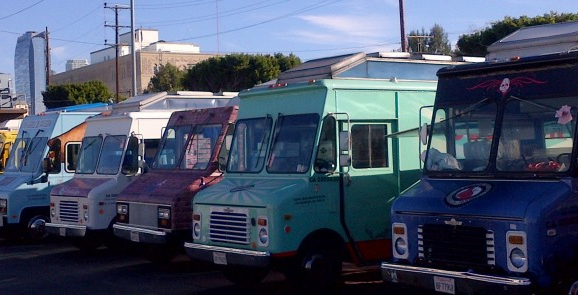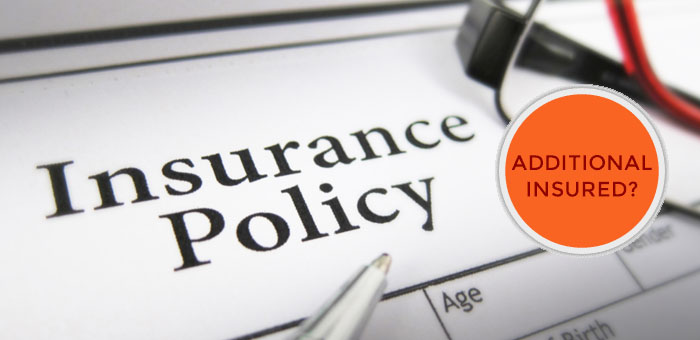Let’s start with the definition of Workers’ Compensation insurance…
Workers’ Compensation – provides protection to the employer against liability imposed by law to pay benefits to any worker injured in the course of and arising out of employment, without regard to fault or negligence on the employer’s part or any other person.
Workers’ Compensation insurance is usually the last thing a food truck client purchases from me. You need Auto insurance to register the truck or to pick up the truck from the manufacturer. You need General Liability if you plan on showing up to a private lot or food truck event. You may ask yourself when is Workers’ Compensation required? Most new food trucks start out with just the owners operating the truck and are not required to have Workers’ Compensation. However, from the moment you hire that first employee…you are required by law in almost all states (check laws in your particular state) to have Workers’ Compensation coverage.
Now before there were gourmet food trucks, traditional catering trucks would go around town serving food to construction and industrial workers. It was a white catering truck with with no signage, no brand, no website, no following and standard food offerings. If an employee got badly injured and there was no Workers’ Compensation…well then you just fold up shop and start a new entity. Plus the truck was likely leased so there was no real asset tied to the business. So imagine you fail to purchase Workers’ Compensation for your food truck employees in today’s gourmet food truck age. You have spent a ton of time creating a concept, building a website, creating a menu, getting permits, tweeting and building a solid customer base. If your employee gets injured, can you really afford to just fold the business?? If you said no, then you need to purchase Workers’ Compensation insurance.
I recommend looking up in your specific state what the fines are for not having Workers’ Compensation in place. In California, there is a $1,500 penalty per employee without Workers’ Compensation and other applicable fines. https://www.dir.ca.gov/dwc/dwc_home_page.htm
Perhaps you will try to make your employees independent contractors. In almost all instances there is no such thing as an independent contractor on a food truck. So that isn’t a way out. Perhaps your family or friends are helping, well they are still considered employees. An employee is defined as someone you engage or permit to work. Plus if a friend or family member seriously gets injured and racks up medical bills from helping out on the truck…do you think they won’t sue you?
Now that you realized you may need to purchase Workers’ Compensation, I want to inform you about some things you should know before you get a policy started. Workers’ Compensation premiums are calculated by the class code rate and the amount of gross wages paid to the employee. Premium costs range (as of 8/2011) from 4.5%-8% of total payroll. As a business owner, you must provide an estimated annual wage amount at the beginning of a policy. At the end of a policy, an audit will be performed to determine the actual premium due based on actual wages paid. In order to perform this audit, a business owner is required to provide the owners names, employees’ names, actual gross wages and likely quarterly IRS 941 reports for all four quarters during the coverage period.
IF you pay your employees under the table, that IRS 941 form will likely be an issue. You can’t just report only some employees payroll to the state. If you aren’t reporting all payroll to the state or insurance carrier, well then that is fraud and we all know what that could mean.
I hope this helps every food truck operator realize the need to get a Workers’ Compensation policy in place. I encourage you to reach out to me if you want to discuss the topic in more detail or need a quote.
Matt Carlson is an Insurance Broker at Risk Strategies Company (RSC) and specializes in insurance and risk management solutions for food trucks/catering trucks and restaurants across the United States. He is a foodie and second generation commercial insurance broker. He provides his clients with General Liability, Auto, Workers’ Compensation and other coverages. Matt currently insures over 30+ food trucks across the country. Some of his more notable clients are Kogi BBQ and the Grilled Cheese Truck. Visit www.cateringtruckinsurance.com to download a quote application. You can also go to www.risk-strategies.com to learn more about the Top 100 national insurance broker he represents.




